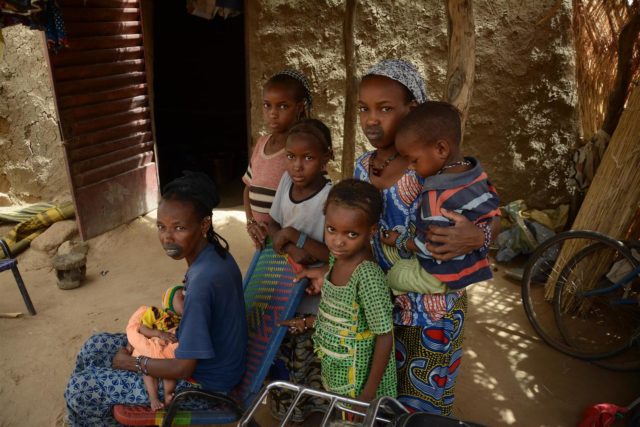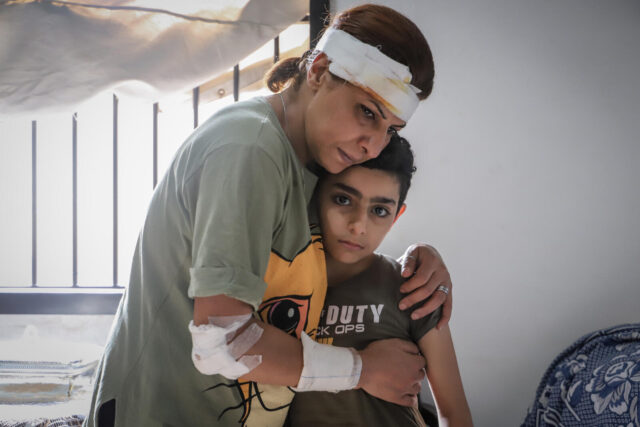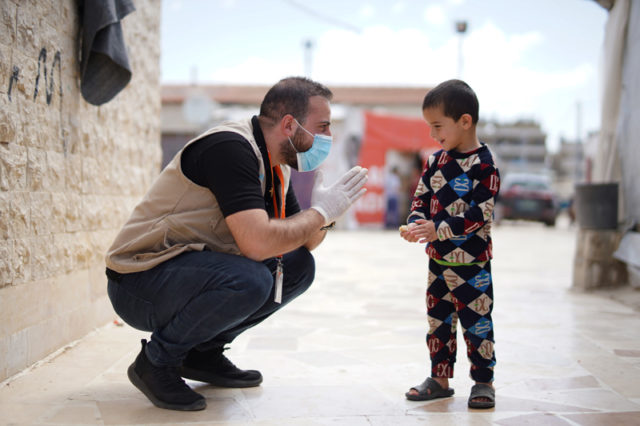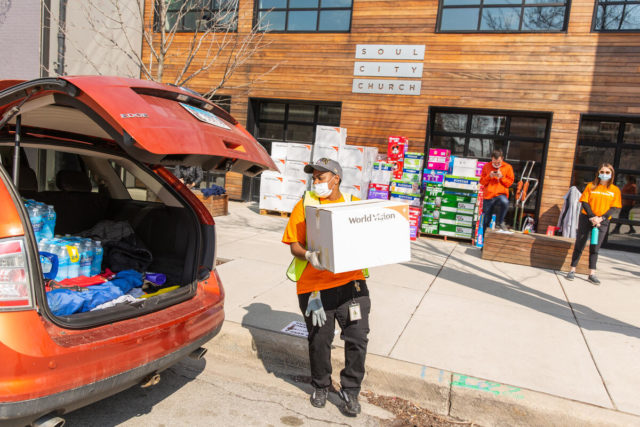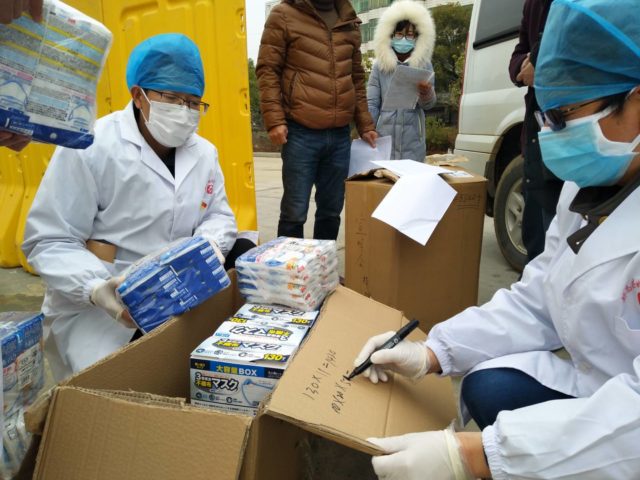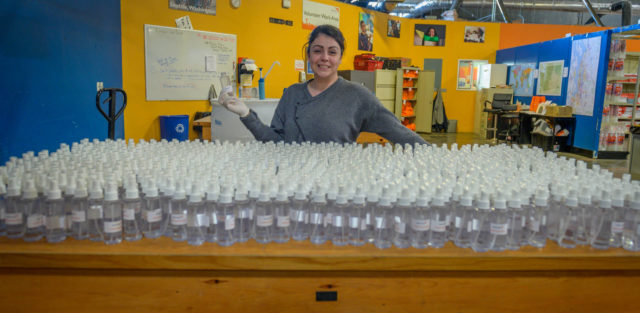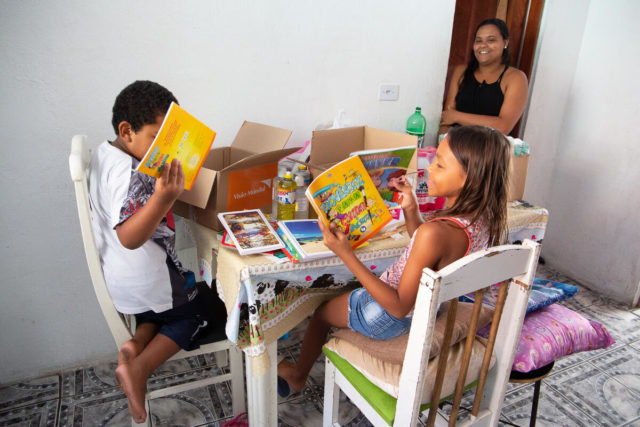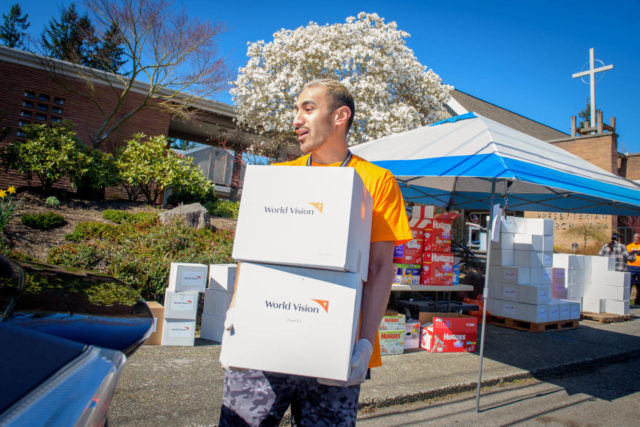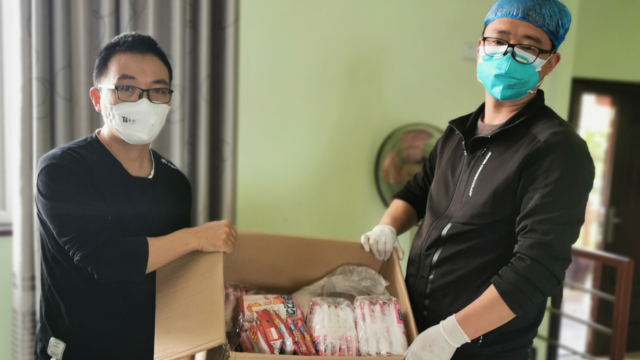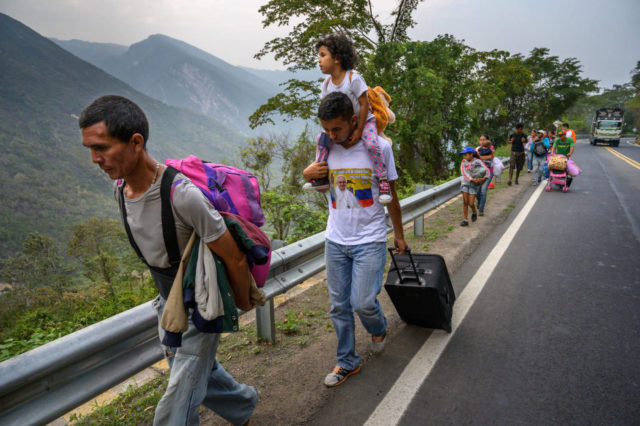Once an emerging force for democracy in West Africa, Mali has struggled to maintain stability since a 2012 coup. Conflict continues, and increasingly severe droughts and the coronavirus have added to the country’s challenges. Children and families need food security, healthcare, and protection.
News & Stories
News
Lebanon: Beirut explosion facts and how to help
An explosion that rocked the port of Beirut, Lebanon, on August 4 killed 160 people and injured about 6,000. World Vision is responding, initially expecting to help 120,000 people. We have been working in Lebanon since 1975.
Coronavirus: United in suffering, and united in responding
As the coronavirus pandemic continues, hidden heroes arise to support World Vision’s global response, which focuses on scaling up prevention to slow the spread, strengthening healthcare systems and workers, supporting at-risk children, and collaborating and advocating for vulnerable children.
Coronavirus response: Collaborating and advocating for vulnerable children
To protect the most vulnerable children from the secondary effects of COVID-19, World Vision is partnering with community groups, faith-based organizations, United Nations agencies, other aid groups, and all levels of governments. Collaboration and advocacy are not new for us, but where our community access is limited, they’re vital. That’s why they form one of four key objectives in our global coronavirus response.
Coronavirus response: Strengthening healthcare systems and workers
Everywhere World Vision works, a priority for us is strengthening healthcare systems and workers, with partnerships ranging from one-room health clinics to national ministries of health. It’s also one of the four key objectives of our global coronavirus response.
Coronavirus response: Scaling up prevention to slow the spread
As COVID-19 began to rage in China, World Vision staff jumped into action. Decades of experience in combating infectious diseases told them that scaling up prevention would be key to protecting children and families in World Vision program areas. That’s why it’s one of the four key objectives in our global coronavirus response.
Coronavirus response: Supporting at-risk children
World Vision’s experience responding to disease outbreaks began in the early 2000s with the HIV and AIDS crisis in Africa. We’ve learned that infectious diseases like these put children at risk, even when they don’t get ill themselves. As COVID-19 has spread, children and families are facing new challenges: scarce food and healthcare resources, barriers to education, and lost income. That’s why supporting children impacted by the secondary effects of the pandemic is one of four key objectives of our coronavirus response.
Family Emergency Kits deliver hope to food-insecure families
As COVID-19 cases rise with school closures and restrictions increasing across the nation, church leaders and school officials are partnering with World Vision in its distribution of life-sustaining supplies, including food, personal hygiene, and clean water, to food-insecure families in the Puget Sound.
New coronavirus outbreak: A personal perspective from China
What is it like to live under lockdown because of the new coronavirus outbreak? A World Vision staff member in China shares his perspective.
6 of the worst disasters in 2019
From monster storms to civil wars and droughts, here are six of the worst disasters in 2019 that have affected millions of people around the world.
